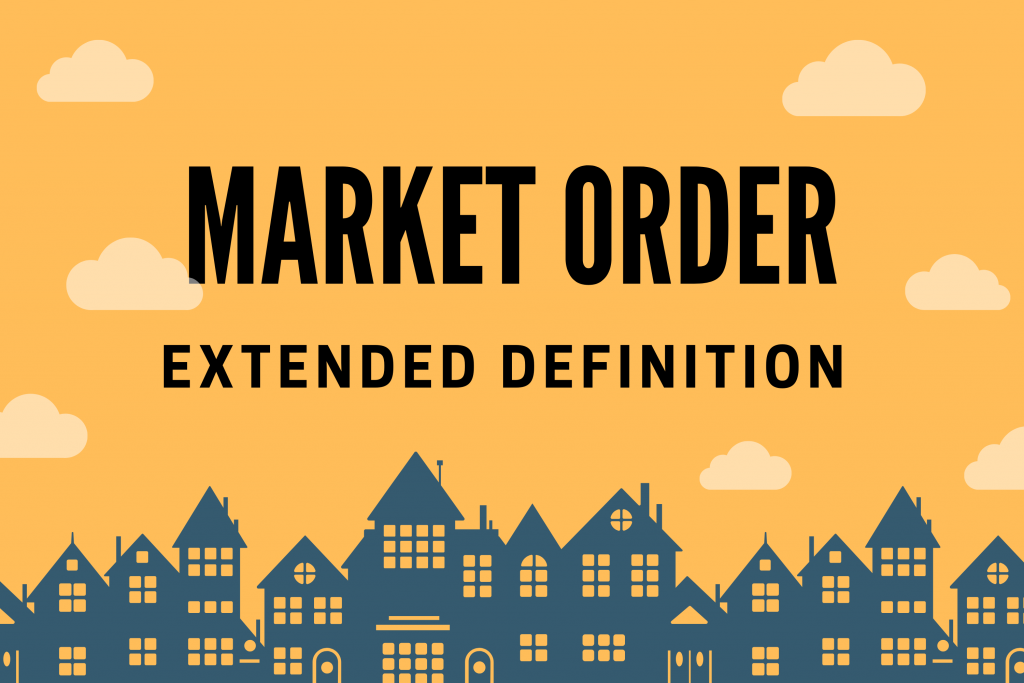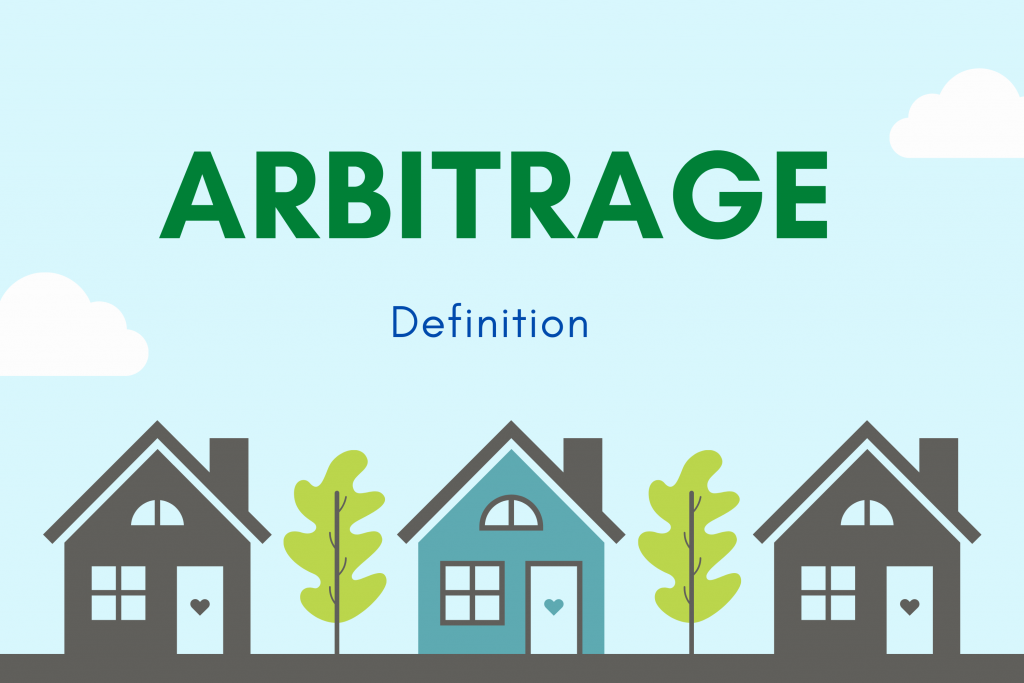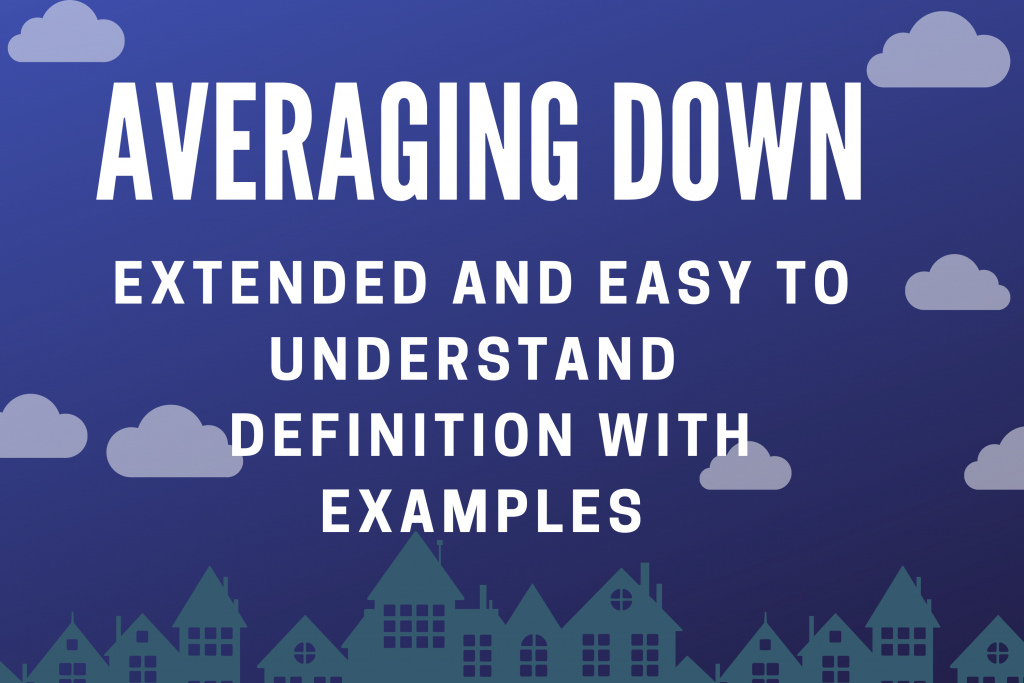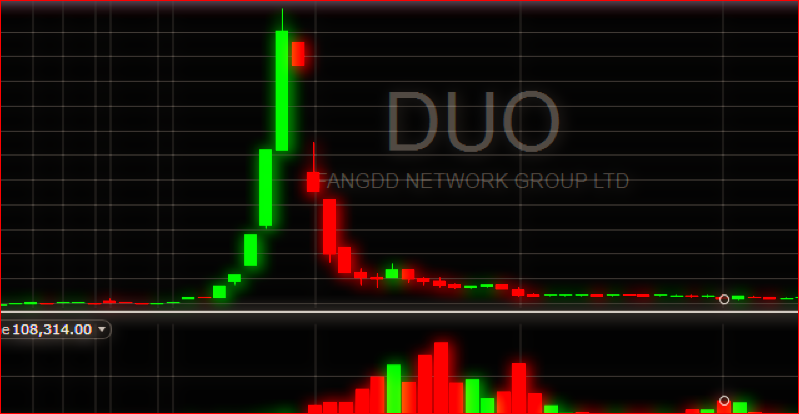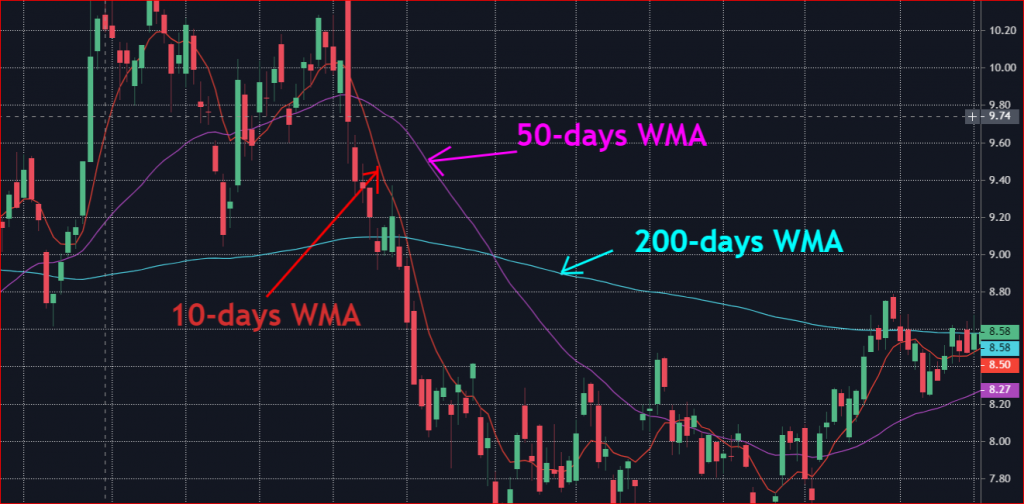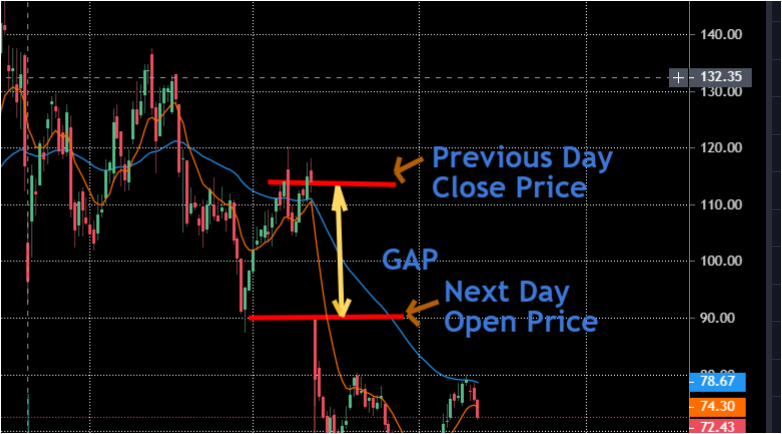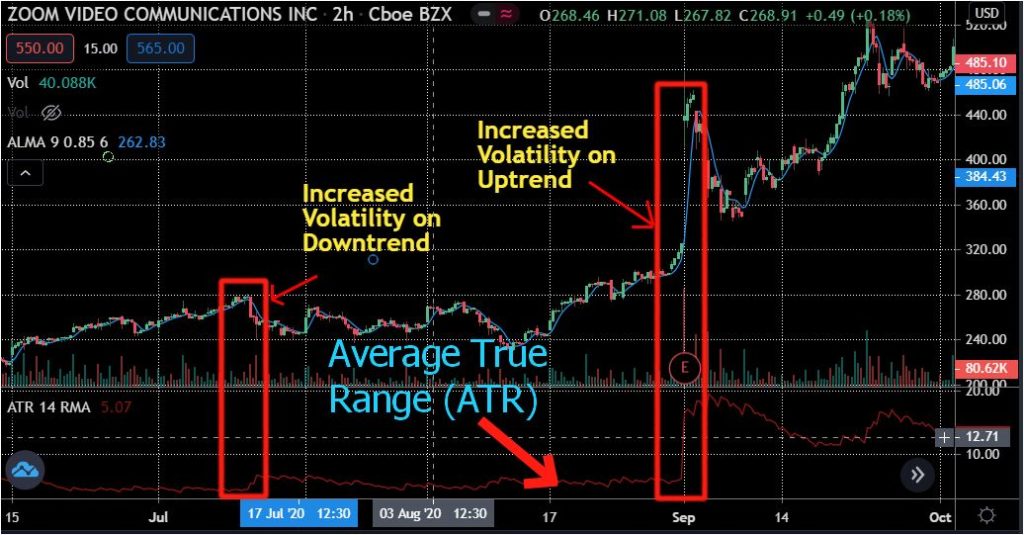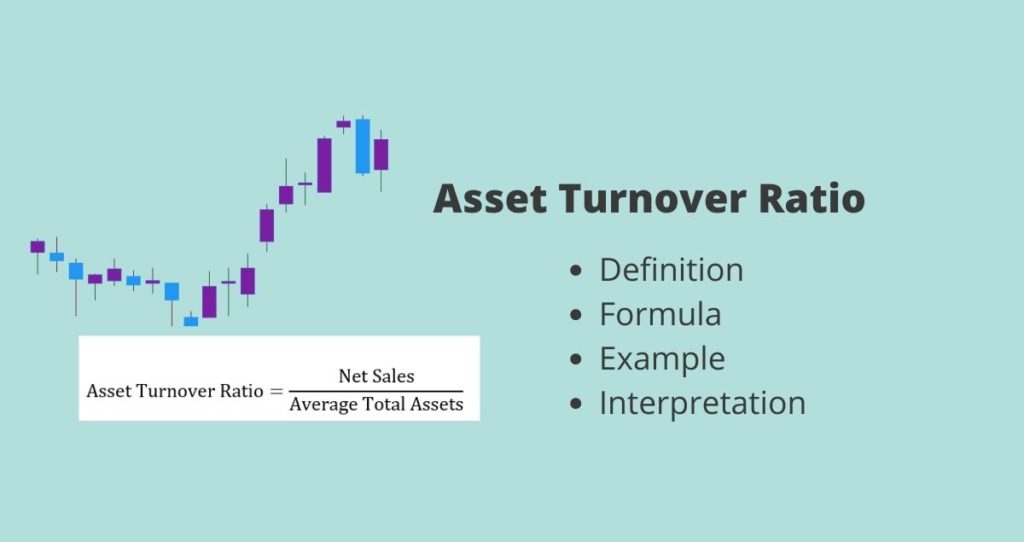What is the meaning of market orders?
The market order is an order to buy or sell a security at the current market order. In order words, buy placing this order, you are telling your broker to execute your order immediately. This order will guarantee the execution of the order. Unfortunately, it will not guarantee the execution price.
Once your order is received, your broker will execute your order at the best price possible. The last price you saw on the screen is not necessarily the price you will be filled at.
How does market order works?
A market order is placed when a trader of a stock or a security wants to exit a trade right away. This means that your order is a priority in the market place. That is, you will take any price the market can offer.
Placing this order is like telling your broker the following:
- Take me out of here
- Give me whatever you can at whatever price you want
- I am tired of being here
- Save me from my misery
- Why don’t you take charge of my account
- Anything the market can offer will be good for me
When this order is placed, your broker does you a favor by trying to give you the best price possible in the market. At least that is what they say.
In general, the market orders will be executed at a price equal or close to the following. Source: investor.org
What are the benefits or market orders?
- There is a guarantee that your order will be executed
- This is the fastest way you can exit your trading position. Without this order, you could wait for hours even days, or more to get your order executed.
- It protects you from further losses if the stock or security keeps declining
- It gives you a chance and time to restructure your portfolio
The disadvantages of the market order
- The order does not guarantee the price. This means that you don’t know what you will get until you get it. If the volatility is high with a high spread, your order may be executed at a much lower or higher than you wanted. In order words, you could lose a ton of money on a single order. For example, let’s say that a stock you want to trade is currently trading at $10 per share. You then placed a market buy order for 1000 shares. In other words, you want to pay $10,000 for 1000 shares. Because of the volatility in the market, your order got filled at $13 per share. You are paying $3 per share more or $3000 more than your total budget. This can also happen when you are selling. Using the same example, if you place a market sell and the stock tanks to $7 per share; you will be losing $3 per share or $3,000 from what you were supposed to get.
- Does not protect you from losses. The market orders will be executed once placed. This means that it is hard to cancel them once they are placed. You can still cancel the order if the liquidy is low because it can sometimes take longer for the order to be filled.
Is it a good idea to use market orders?
The answer is no. Never use a market order unless you have too. A market order may get you a lower return and increases your chances of losing money in the stock market.
You should always use limit orders instead. Limit orders ensure that your orders are filled at prices you want and protect you from major losses.
Note: You must be careful when using limit orders because there is no guarantee that all your shares will be filled or sold.
